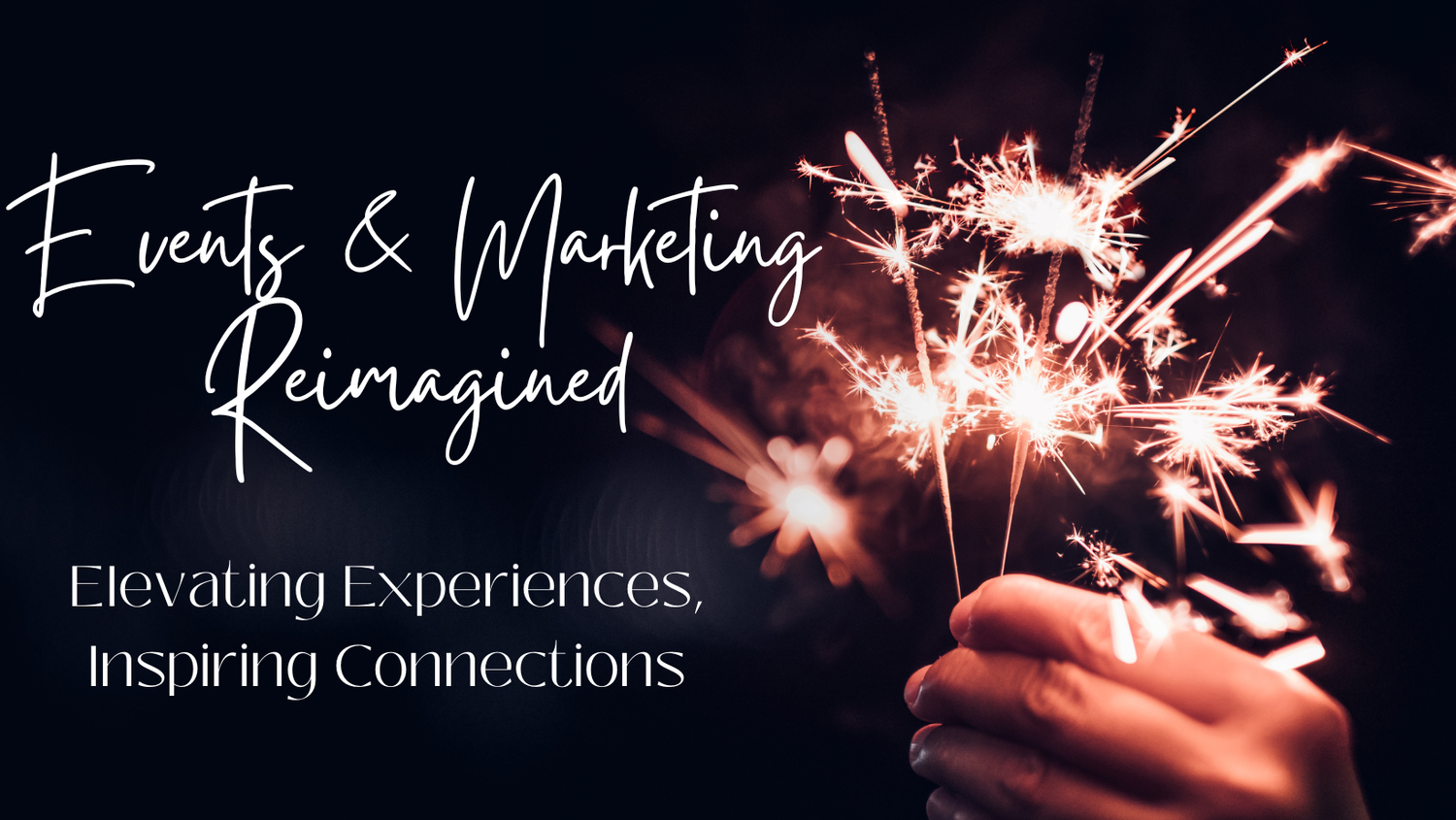Got Questions? Event Planning FAQ
Getting Started
Q: How far in advance should I start planning my event?
A: Ideally, you should start planning 6 to 12 months in advance for larger events like weddings or conferences, and at least 1 to 3 months for smaller events like birthday parties or corporate gatherings.
Q: What's the first step in planning an event?
A: The first step is to define your event's purpose, budget, and target audience. This will guide all your subsequent decisions.
Budget and Costs
Q: How do I set a budget?
A: List all possible expenses including venue, catering, entertainment, and marketing. Allocate funds to each category and always keep a buffer for unexpected costs.
Q: Can I negotiate prices with vendors?
A: Absolutely. Many vendors are open to negotiation, especially if you're booking multiple services or making an advance payment.
Venue and Location
Q: How do I choose the right venue?
A: Consider factors like location, capacity, amenities, and cost. Make sure the venue aligns with your event's theme and is accessible to your attendees.
Q: Do I need permits for outdoor events?
A: Yes, most outdoor events require permits. Check with local authorities well in advance to secure necessary permissions.
Catering and Food
Q: How do I decide on the menu?
A: The menu should cater to the preferences and dietary restrictions of your audience. It's always good to offer a variety of options, including vegetarian and gluten-free choices.
Q: How much food and drink should I order?
A: A general rule is to plan for one drink per person per hour and 3-4 appetizers per person for a cocktail event. For meals, consider portion sizes and the type of cuisine.
Entertainment and Activities
Q: What kind of entertainment should I choose?
A: The entertainment should align with your event's theme and audience. Options range from live bands and DJs to keynote speakers and interactive workshops.
Q: Do I need to hire a professional photographer or videographer?
A: While not mandatory, professional documentation can capture the essence of your event and provide valuable material for future marketing.
Logistics and Final Touches
Q: How do I manage RSVPs and attendance?
A: Use digital tools like event management software or apps to track RSVPs, send reminders, and check-in attendees.
Q: What should be in my day-of-event emergency kit?
A: Include items like a first-aid kit, extra batteries, a sewing kit, and basic tools for quick fixes.

